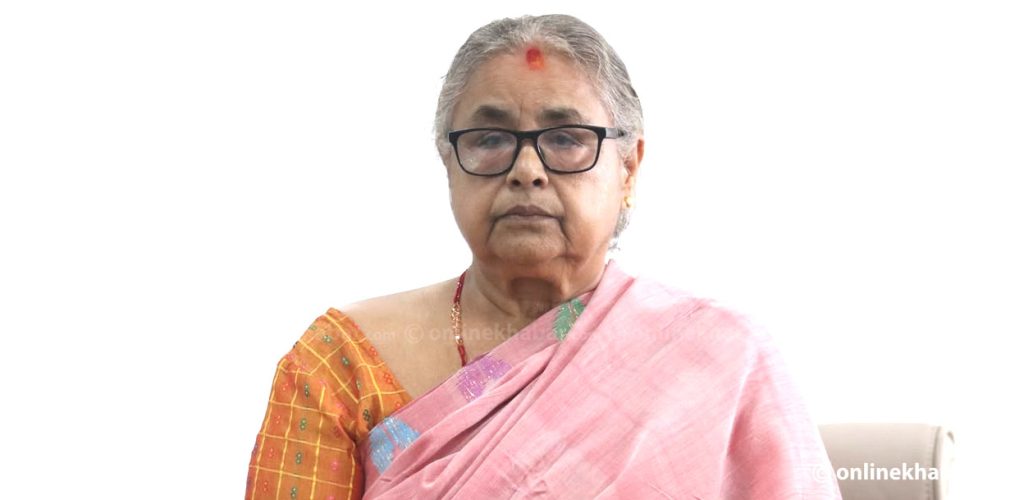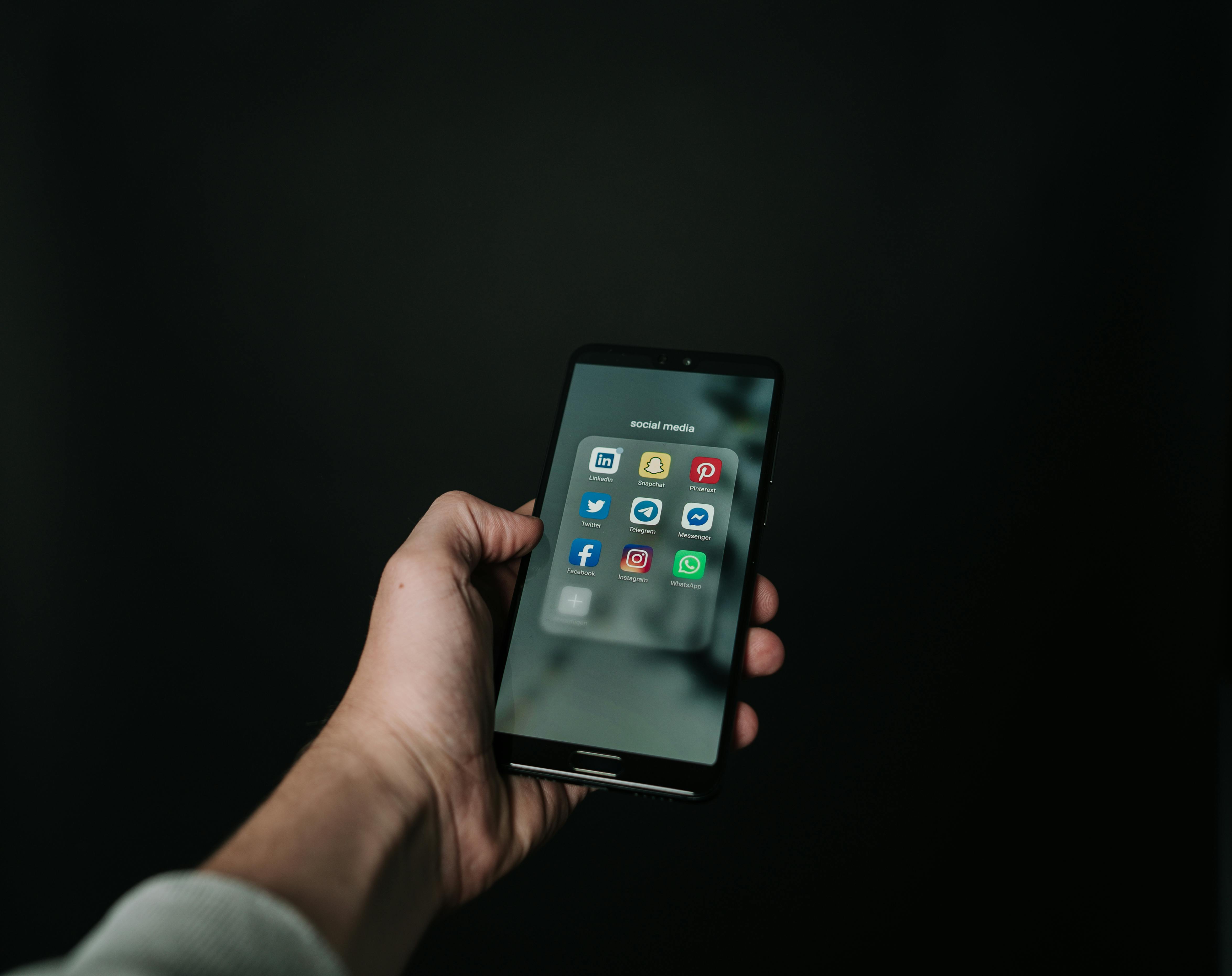
In today’s world of pervasive social media, could a new form of religious-like devotion and belief system emerge through influential personalities? Some theorists think the mass manipulating capabilities of social media influencers may ultimately lead to a “reprogramming” of humanity’s spiritual outlook.
Harvard Pluralism Project stated, “Social media could potentially shape the values of younger generations towards a more pluralistic, humanistic worldview”.
However, this immense ability to rapidly spread ideas and values begs the question – could influencers effectively become the new “gods” or spiritual leaders that societies amalgamate around?
Illusion over supremacy
Historically, the founders of major faiths like Buddha, Christ, and others were not born as supreme deities, but exceptional individuals whose teachings and purported miracles took on sacred meaning over time. “The Buddha insisted that he was human, not divine…his wisdom was something he had discovered by experiencing the truth for himself” writes Karen Armstrong in her book Buddha.
However, centuries of respect elevated such figures from enlightened philosophers into glorified icons or gods in a secular sense. When we place any single prophet on a platform above all other life, it reinforces an illusion of human separateness from the sources we depend upon. Perhaps the deeper message was meant to foster admiration for our synergy with the holistic web of nature.
From this perspective, religious warfare and factional hatred emerge from the very construct of supremacy that spiritual teachings discard. Campbell, J, a mythologist suggested that when symbolic stories get misconstrued as literal truth instead of metaphor, “that leads to inflexible dogmatism”.
The stories and rules of dogmatic belief systems served to control populations in ages of insufficiency through an “us vs. them” mentality, as suggested in the book Blood Rites: “Wars make excellent religious motivators, drawing devotees to pray for protection and giving priests and diviners a chance to rationalize the violence” by Ehrenreich, B. Such segregatory views centered on self-proclaimed spiritual supremacy enable perpetual violence.
Influencers as new voices

In our modern age, influencers on social media have rapidly become the new voices that billions look towards for inspiration, values, and even self-worth. Their ability to virally shape beliefs is unprecedented in human society. One could say that they have become the high priests of a secular digital era (Khamis and Yelling, 2017).
But like religious prophets before them, the risk is that some influencers may exploit their platforms to present themselves as reliable spiritual guides or voices of ultimate truth. With advertising funds, media domains, and masses of earnest followers hanging on their every word, the temptation to elevate oneself to godlike admiration must be powerful and intoxicating.
Wilson, E.O. (1998) wrote in the book Consilience, “We are stuck with science. It is the only way possible to long endure and make ripe progress towards understanding who we are and what ethics we must embrace to last” directing us back towards practicality and our rightful place within nature’s systems may help counteract ‘fundamentalist moral absolutism’. However, the demands of preaching simplistic spiritual doctrine grow as knowledge becomes more composite.
While a unified world religion remains unconvincing given divergent cultural narratives, social media offers a pathway for raising new “supreme” personalities on a global scale. Their sermons may not invoke supernatural deities, but the prospect of having millions invest in unquestioning belief in any single influencer’s truth has concerning parallels to past religious trends and extremism.
The way forward
Before we vest any such influencers with divine authority, we must re-sanctify our admiration for the living world itself over any human idols. By worshipping the magnificence and mystery in nature’s wonders, from rainbows to insects, we cultivate the humility to cherish our cosmic context – part of an incomprehensibly vast yet interdependent web of existence.
The self-declaration of spiritual fidelity was the anthropocentric idiocy enabling atrocities in ages past. Today’s influencers have incredible power to implant wisdom or arrogance in their fans. If we learned anything from organised religion’s history, such as the brutal Crusades and Inquisition justified through religious supremacy Riley-Smith, J. (2009), it’s that surrendering our discernment to any self-appointed “supreme” voice is risky for humanity.
Rather than allowing social media’s reach to mint modern gods out of fascinating personalities, our focus must be using its awesome scale to disseminate practicality, earthly consciousness, and respect for the sanctity of all life. It’s not by elevating influencers to passionately worshipped prophets, but by knocking them off that platform, where society’s path towards truth and peace resides.






















